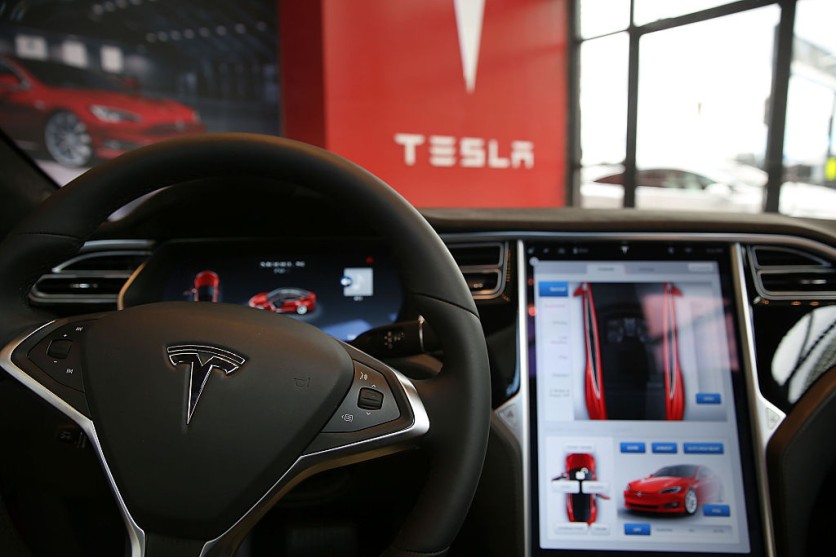Tesla has issued a recall for almost all of its vehicles sold in the United States, totaling more than two million cars. According to the Associated Press, the reason behind this massive recall was to address and rectify a flawed system related to the Autopilot feature.
The recall involves a comprehensive software update to enhance safety measures and fix the defective system responsible for ensuring driver attention while using Autopilot.

Tesla Automated Driving System
The decision to recall comes following a two-year investigation by the National Highway Traffic Safety Administration (NHTSA), which delved into a series of accidents while the Autopilot partially automated driving system was engaged, with some incidents proving fatal.
The NHTSA investigation identified shortcomings in Autopilot's method of ensuring driver attentiveness, labeling it as inadequate and susceptible to "foreseeable misuse."
The planned software update intends to bolster warnings and alerts to drivers, ultimately limiting the operational areas of basic Autopilot functions. This adjustment aims to reinforce drivers' responsibility for continuous attention during Autopilot operation, addressing the identified flaws in the system.
While the recall is viewed positively as a step toward addressing safety concerns, some safety experts argue that it doesn't fundamentally resolve the core issue of Tesla's automated systems struggling to identify and respond to obstacles.
The recall encompasses various Tesla models, including Y, S, 3, and X, produced between October 5, 2012, and December 7, 2023. The software update rollout began on Tuesday for certain affected vehicles, with the rest scheduled to receive it subsequently.
Dillon Angulo, who sustained serious injuries in a 2019 crash involving a Tesla using Autopilot, expressed skepticism about the effectiveness of the recall.
AP reported that Angulo is currently recovering from injuries that include brain trauma and broken bones, and he remains critical of the technology's safety and calls for its removal from the roads.
Angulo emphasized the need for government intervention to address potential hazards associated with experimental technologies like Autopilot.
Read Also : Tesla Brings Back Cybertruck 'Resale Clause,' $50,000 Fine for Resellers in 1st Year of Owning the EV
The Autopilot Feature of Tesla
The Autopilot feature of Tesla includes components such as Autosteer and Traffic Aware Cruise Control, with Autosteer designed for use on limited-access freeways.
The software update will restrict the areas where Autosteer can be activated, providing alerts to drivers when conditions are unsuitable for its engagement. Tesla's decision to recall and address the flaws in Autopilot is seen as a response to growing concerns and increased scrutiny.
In its statement, the NHTSA affirmed that the investigation remains open as it monitors the effectiveness of Tesla's remedies and collaborates with the automaker to ensure the highest safety standards.
Despite the recall, concerns persist regarding the efficacy of the Tesla's driver monitoring system and Autopilot technology. Some safety advocates are urging more stringent regulations and additional safety measures, including the implementation of cameras to track driver attention.
Related Article : Automakers in Europe Lag in Securing Key Battery Metals for EVs, with Tesla Leading in Supply Chain Race

ⓒ 2025 TECHTIMES.com All rights reserved. Do not reproduce without permission.




